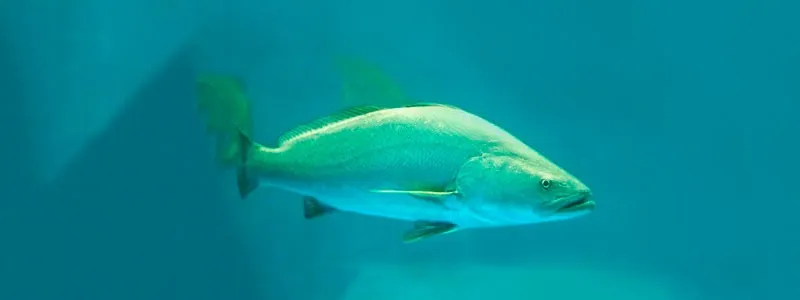Senate approval urgently needed to save the natural Totoaba from extinction
The totoaba, also known as totuava, is an endangered species of marine fish only found in the Gulf of California in Mexico.
The Sea of Cortez was once a flourishing hub for totoaba fishing, providing a valuable source of income for local communities. However, the combination of overfishing, habitat degradation, and the eventual listing of the totoaba as a critically endangered species led to a ban on totoaba fishing in Mexico in the 1970s. Despite these efforts, the illegal totoaba trade has persisted and even intensified, fueled by the insatiable demand from China.
The illegal fishing methods used to catch totoaba, particularly gillnets, have also proven disastrous for the vaquita population. Gillnets, designed to catch fish by their gills, are indiscriminate, often trapping and killing vaquitas as bycatch. As a result, the vaquita, already struggling with declining numbers, has become collateral damage in the race to supply the lucrative totoaba trade.
It is the totoaba’s swim bladder, an organ that helps the fish control its buoyancy, that has become the epicenter of a black-market boom. In traditional Chinese medicine, these swim bladders, known as “fish maws,” are believed to have numerous health benefits, including promoting longevity and vitality. This demand has driven up the price of totoaba swim bladders to astonishing levels, earning them the nickname “cocaine of the sea”.
The intertwined fates of the vaquita and the totoaba have given rise to the term “dual extinction,” highlighting the fact that both species are teetering on the edge of oblivion. With the vaquita’s population plummeting to fewer than 20 and the totoaba’s numbers in a critical state, urgent action is needed to prevent both species from disappearing forever.
Mexican Senate committees are working on the approval to authorize the breeding of the species for export, hoping to curb illegal fishing and the impact on the vaquita marina.
With a unanimous vote of 21 senators, the Senate’s joint Finance and First Legislative Studies committees approved authorization for the export of farmed totoaba.
This reform will benefit merchants, families, the country’s economy, and even the species itself, including the vaquita marina, which will no longer be a collateral victim of illegal totoaba fishing.
Intensive management of the species is currently permitted in the country through farming or aquaculture, a process in which breeding takes place on farms in controlled environments. Some farms already exist in La Paz, but they are not for export but rather for local consumption. In fact, some restaurants in El Triunfo have their own farms.
For around 10 years, fish farmers have raised totoaba on the coasts of Baja California Sur, successfully selling their product domestically: consumers have eaten it up, with foodies describing totoaba flesh as pillowy and tender with massive, buttery, halibut-like flakes.
The wild totoaba remains protected, and therefore its fishing and sale are prohibited.



